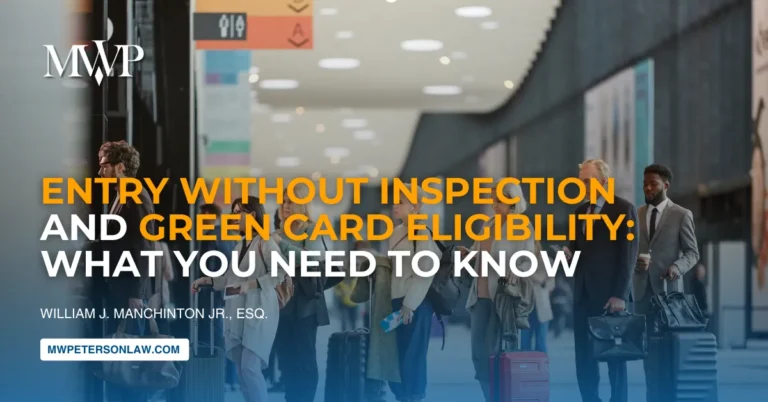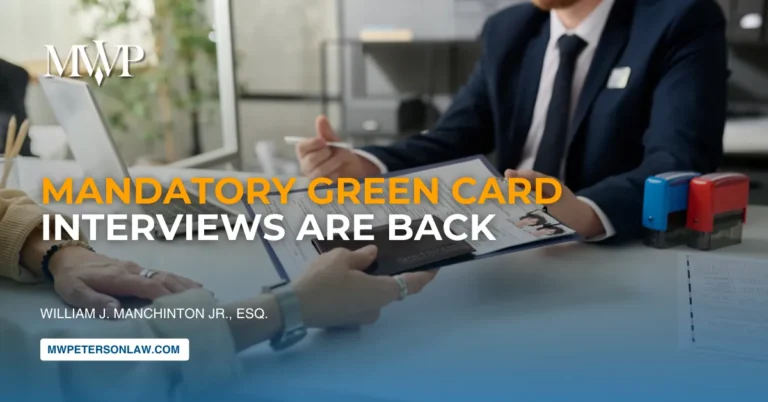When facing criminal charges in Massachusetts, many defendants and their families hope that if the alleged victim decides not to testify, the case might simply go away. However, this is not always the case, especially when certain exceptions to the hearsay rule come into play, such as the “excited utterance” exception. As a seasoned Massachusetts criminal defense attorney, I want to explain how an excited utterance could mean that your case could continue to trial even if the alleged victim does not want to testify. This makes the role of a qualified defense attorney crucial in your defense.
What Is an Excited Utterance?
In legal terms, hearsay refers to an out-of-court statement presented at trial to prove the truth of the matter asserted. Generally, hearsay is not admissible in court. However, there are several exceptions, and one of the most critical is the excited utterance exception.
An excited utterance is a statement made regarding a startling event or condition while the declarant was under the stress of excitement caused by the event or condition. The rationale behind this exception is that the excitement or stress of the moment diminishes the likelihood of thoughtful reflection, thereby offering some assurance of the statement’s reliability.
Excited Utterance in Massachusetts Context
In Massachusetts, the courts have a specific interpretation of what qualifies as an excited utterance. For a statement to be admitted under this exception, it must be made under the influence of an exciting event and before the declarant has had time to contrive or fabricate the remark. This means the statement could be something said in the heat of the moment, like during a recorded 911 call immediately after an incident, or something told to a responding officer at the scene.
Imagine a scenario where the police are called to a domestic disturbance. If one party tells the officers, “He just hit me,” right as they arrive and while still visibly distressed, this statement could be admissible as an excited utterance even if later, the alleged victim chooses not to testify.
Impact on Your Criminal Case
The implications of the excited utterance exception can be profound. Even if the alleged victim decides against testifying — perhaps due to fear, reconsideration, or even marital privilege (which generally allows a spouse to refuse to testify against their partner in most cases) — their statement could still make its way to court if it qualifies as an excited utterance. This can provide significant evidence for the prosecution, potentially influencing the outcome of the trial.
This is especially relevant in domestic violence cases, where victims often choose not to testify. The prosecution can still attempt to go forward to trial even if the victim decides not to testify. I have successfully fought against excited utterances being admissible in many Massachusetts courts, including Peabody, Lowell, and Malden.
Just because the excited utterance is admissible does not mean that you are facing conviction. The jury must still be convinced that you’re guilty beyond a reasonable doubt at a trial, even considering the excited utterance. We can still argue that the hearsay statement is not reliable and impeach it through other sources, even if it comes in at trial.
Why You Need a Skilled Defense Attorney
Given the complexities surrounding the excited utterance exception and its potential impact on your case, having an experienced domestic violence attorney is essential. Here are several reasons why:
- Legal Expertise: A knowledgeable attorney can challenge the admissibility of an excited utterance by arguing that the statement was made after the declarant had time to reflect, or that the event was not sufficiently startling to provoke a genuine, spontaneous statement.
- Strategic Defense: An adept lawyer can help construct a defense strategy that accounts for the presence of such statements, exploring all avenues for mitigating their impact if excited utterances are admitted.
- Negotiation Skills: In cases where the evidence includes excited utterances, a skilled attorney might negotiate a plea deal more effectively, potentially leading to reduced charges or lighter sentences. I always leave it up to my clients whether to take a plea or take a case to trial.
- Trial Experience: If your case goes to trial, you need a defense attorney who is proficient in objecting to improperly presented hearsay and who can effectively cross-examine witnesses to challenge the credibility of the excited utterance.
- Comprehensive Representation: An experienced attorney understands the interplay between different legal exceptions and rules, ensuring that your rights are protected throughout the legal process.
The excited utterance exception can significantly affect the trajectory of a criminal case in Massachusetts. If you or a loved one is facing criminal charges, do not assume the case will be dismissed simply because the alleged victim does not want to testify. It is crucial to have a seasoned criminal defense attorney who can navigate the complexities of hearsay exceptions and advocate effectively on your behalf.
Remember, each case is unique, and the interpretation of what constitutes an excited utterance can vary. Therefore, securing representation from an attorney experienced in Massachusetts criminal law is indispensable in protecting your rights and achieving the best possible outcome.
If you’re facing domestic violence charges in Massachusetts, you need a proven attorney on your side. Call or text the Law Office of Matthew W. Peterson at 617-295-7500 and let me get started on your defense!











